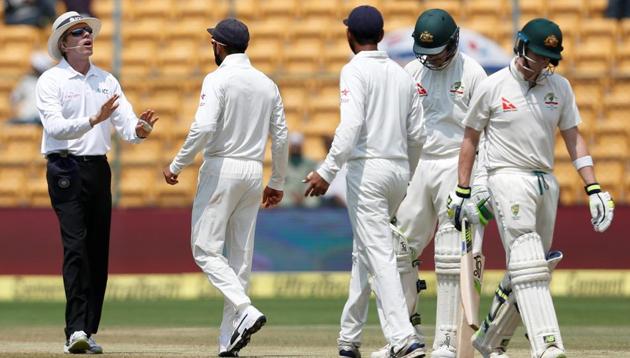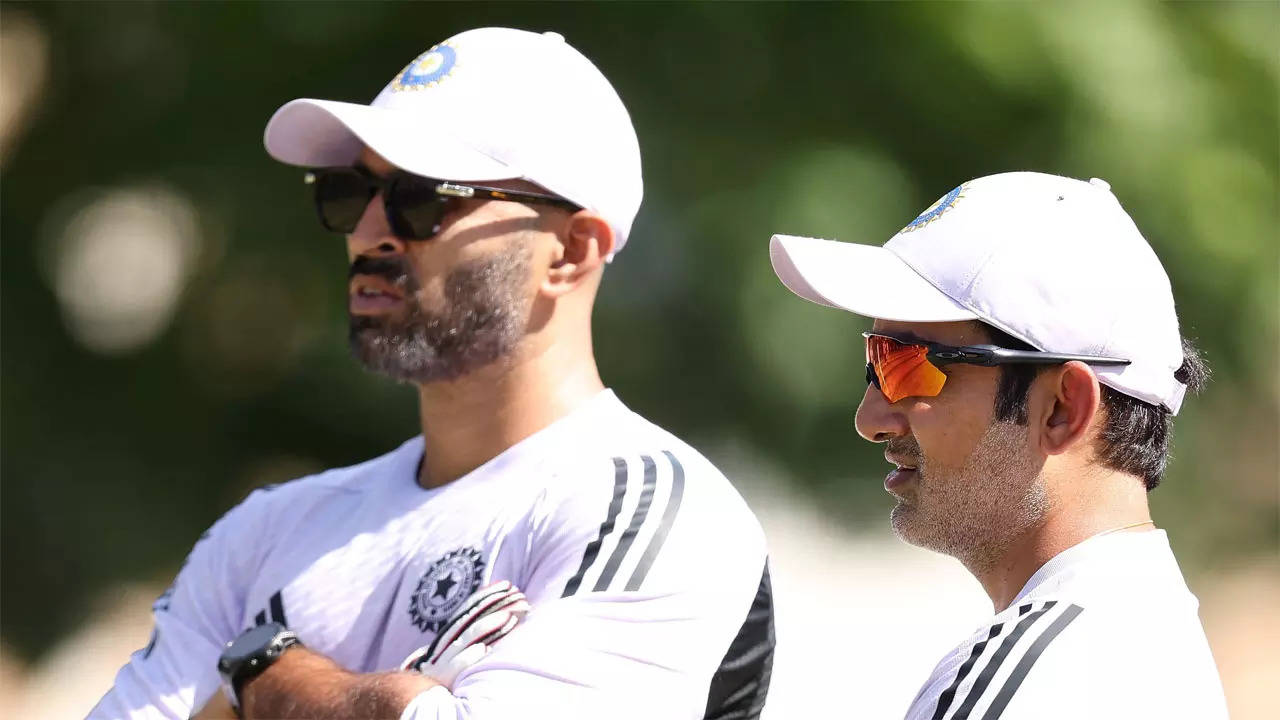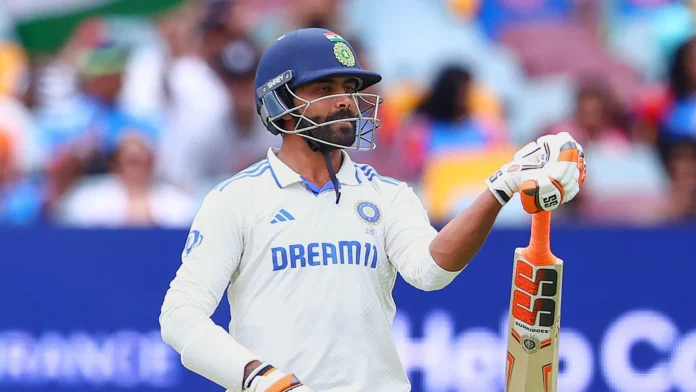In a dramatic turn of events in, the Indian cricket media contingent, along with the BCCI media manager, boycotted a friendly T20 match organized by Cricket Australia on Sunday. The decision came after escalating tensions between Indian and Australian media, sparked by a controversial press conference involving Ravindra Jadeja at the Melbourne Cricket Ground (MCG) on Saturday. This incident is the latest in a series of confrontations since the Indian team’s arrival in Australia.
The Controversy at MCG
The flashpoint occurred when Ravindra Jadeja addressed the media in Hindi during a press conference at the MCG. The Australian press criticized the session, labeling it “disorganized” and “hopeless,” with some alleging that Jadeja refused to answer questions in English and instead made irrelevant comments about a “bus.” However, contrary to these claims, Jadeja spoke in Hindi because the questions were asked in his native language by Indian reporters.
The BCCI clarified that the press conference was specifically organized for the traveling Indian media and that Jadeja did not mention anything about a “bus.”

A History of Media Tensions
This incident added to a growing list of clashes between the Indian team and the Australian media. Tensions first flared when India arrived in Perth last month, with Australian reporters taking jabs at the team for holding private training sessions at the WACA. The situation worsened when Channel 7 recorded footage of Virat Kohli with his children at Melbourne airport, upsetting the Indian star and drawing criticism for invading his privacy.
These incidents have strained relations between the Indian contingent and the Australian press, setting the stage for the fallout over Jadeja’s press conference.
BCCI and Indian Media’s Strong Response
On Sunday, Cricket Australia organized a goodwill T20 match between Indian reporters and their Australian counterparts at Melbourne’s Junction Oval. The match was intended to foster camaraderie amid growing tensions. However, the Indian media contingent, led by the BCCI media manager, boycotted the event.
The Indian media manager was the first to withdraw, followed by the traveling Indian reporters, leaving Cricket Australia with no choice but to cancel the match. This boycott was a clear message to the Australian media, reflecting the Indian contingent’s frustration with what they viewed as unwarranted criticism and breaches of privacy.

Impact of the Incident
The boycott marks a significant moment in the ongoing India-Australia cricket rivalry, extending tensions beyond the field. Relations between the two cricketing nations, often celebrated for their competitive spirit, now face an added strain due to the media war.
The incident has implications for how international cricket media interactions are handled:
- Erosion of Trust: The Indian contingent’s decision to boycott the match underscores the erosion of trust between the Indian and Australian press corps.
- Increased Scrutiny: This episode could lead to more stringent regulations around media access and the organization of press events.
- Public Perception: The criticism surrounding Jadeja’s presser has sparked debates among fans and pundits, polarizing opinions on the professionalism of both Indian and Australian media.
A Call for Professionalism
The controversy has highlighted the need for professionalism and mutual respect in international cricket. While cultural and linguistic differences are natural, they must be addressed with sensitivity to avoid unnecessary confrontations.
The Indian contingent’s strong stand demonstrates the importance of preserving the dignity of players and the traveling media. However, it also calls attention to the role of media organizations in ensuring fair and accurate reporting. Misinterpretations, such as the claims about Jadeja’s statements, can quickly escalate tensions and overshadow the spirit of the game.
Moving Forward
As Cricket Australia and the BCCI navigate this challenging situation, the focus must remain on fostering healthy interactions between media contingents. Dialogue and mutual understanding are essential to prevent such incidents from recurring.
This incident serves as a reminder of the critical role media plays in shaping public perception. For cricket fans worldwide, the hope is that such controversies do not detract from the excitement of the India-Australia rivalry, both on and off the field.
Looking Ahead
The Jadeja presser controversy and subsequent boycott of the friendly T20 match highlight the fragility of media relations in high-stakes international cricket. While the Indian contingent’s strong response underscores their commitment to dignity and fairness, the incident also exposes the challenges of cultural differences and the responsibility of media organizations to act with professionalism.
As the Indian team continues its tour of Australia, all eyes will remain on how these tensions are resolved, and whether the two nations can rebuild the camaraderie that makes their cricketing rivalry so captivating.

